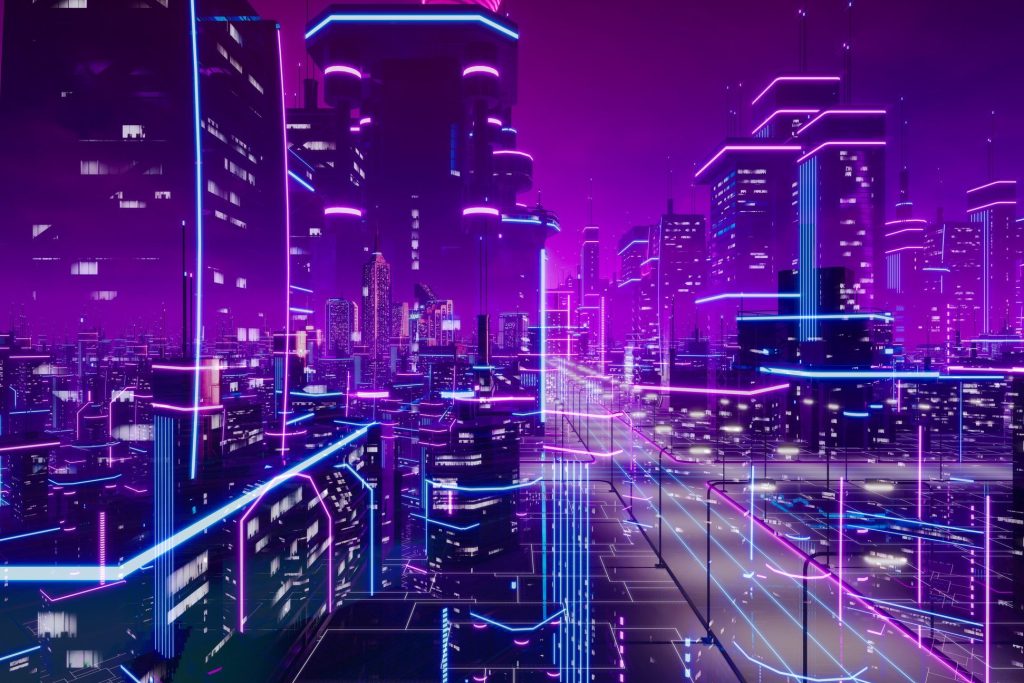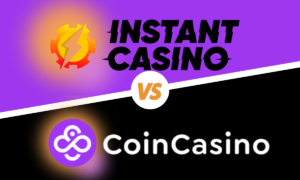
The Metaverse, an immersive virtual world, is set to transform many industries, including real estate. In this article, we will discuss the potential implications of the Metaverse on the real estate industry.
Virtual Real Estate
One of the most significant impacts of the Metaverse on the real estate industry is the creation of virtual real estate. Virtual real estate can be defined as digital land or property that can be bought, sold, and developed within virtual environments. Virtual real estate can take the form of virtual storefronts, offices, homes, and even entire virtual cities.
Virtual Property Development
The Metaverse can enable developers and architects to design and create virtual properties that can be sold or leased within the Metaverse. Virtual properties can be designed and developed in ways that are not possible in the real world, such as gravity-defying structures or buildings with fantastical designs. Additionally, virtual property development can be done at a lower cost than physical property development, opening up new opportunities for real estate development.
Virtual Property Tours
Virtual property tours can also become a key feature of the real estate industry within the Metaverse. Virtual property tours allow potential buyers or renters to explore virtual properties in a way that is not possible in the physical world. Virtual property tours can be designed to be immersive and interactive, allowing users to experience a property as if they were physically present.
Virtual Real Estate Investment
The Metaverse can also enable investors to invest in virtual real estate, similar to traditional real estate investments. Virtual real estate investment can take the form of buying and selling virtual properties, leasing virtual properties, or investing in virtual real estate development projects.
New Economic Models
The rise of virtual real estate and the Metaverse can also create new economic models for the real estate industry. Virtual real estate transactions could be conducted using virtual currencies, and new forms of property ownership and management could emerge. Additionally, virtual real estate could lead to new forms of entrepreneurship and job creation, such as virtual property management or virtual real estate development.
Virtual Staging
Virtual staging is another potential use of the Metaverse in the real estate industry. Virtual staging involves using virtual reality technology to stage homes and properties with digital furniture and decor. This can save real estate agents and homeowners time and money, as physical staging can be expensive and time-consuming.
Increased Accessibility
The Metaverse could also increase accessibility within the real estate industry. Virtual property tours and virtual real estate development can help make real estate more accessible to individuals with disabilities or who may face other barriers to physical property tours or real estate investment.
Environmental Sustainability
Virtual real estate development in the Metaverse could also have positive environmental impacts. Virtual property development can be done without the use of physical materials or resources, reducing the carbon footprint of real estate development. Additionally, virtual real estate could reduce the need for physical transportation, reducing carbon emissions associated with property tours and property management.
New Forms of Collaboration
The Metaverse can also enable new forms of collaboration within the real estate industry. Real estate professionals can collaborate and work together within virtual environments, using virtual tools and technology to streamline real estate transactions and property management.
Challenges and Considerations
As the real estate industry adapts to the Metaverse, there are also potential challenges and considerations to keep in mind. These include concerns around virtual property ownership and intellectual property rights, the potential for virtual real estate speculation, and the need to ensure that virtual real estate transactions are secure and transparent.
Virtual Property Management
As virtual real estate becomes more prevalent in the Metaverse, virtual property management could emerge as a new field within the real estate industry. Virtual property managers could be responsible for managing virtual properties, overseeing maintenance and repairs, and ensuring that virtual properties are secure and accessible to users.
Virtual Reality for Architecture and Design
Virtual reality technologies in the Metaverse can also be used for architecture and design, allowing architects and designers to create and visualize virtual real estate properties in 3D. This can enable architects and designers to create more detailed and accurate models, improving the quality of virtual property development.
Real Estate Blockchain Technology
Blockchain technology, which allows for secure and transparent transactions, could also play a role in the virtual real estate industry within the Metaverse. Real estate blockchain technology could enable secure and transparent virtual real estate transactions, reducing the risk of fraud or disputes.
New Business Models
The Metaverse could also create new business models within the real estate industry. For example, virtual real estate developers could create virtual properties specifically for online events or experiences, such as virtual concerts or virtual tourism experiences.
Impact on Physical Real Estate Markets
As virtual real estate becomes more prevalent in the Metaverse, there could also be implications for physical real estate markets. Virtual real estate could reduce demand for physical properties, potentially leading to shifts in physical real estate prices and demand.
Virtual Real Estate Investment Trusts
Virtual real estate investment trusts (VREITs) could be another potential use case for virtual real estate in the Metaverse. VREITs would allow investors to pool their resources to invest in virtual real estate properties, providing a way for smaller investors to participate in virtual real estate investment. VREITs could also provide a way for real estate developers to raise capital for virtual real estate development projects.
However, there are also potential challenges and considerations to keep in mind when it comes to VREITs. These include concerns around regulatory compliance, transparency, and the potential for fraud. As the industry continues to explore the potential of VREITs in the Metaverse, it will be important to prioritize transparency and regulatory compliance to ensure that investors are protected and that virtual real estate investment can be a positive force for the industry and society as a whole.
Conclusion
The Metaverse has the potential to transform the real estate industry, creating new opportunities for virtual real estate development, virtual property tours, virtual staging, and new forms of collaboration. However, as the industry continues to explore the potential of the Metaverse, it’s essential to prioritize accessibility, inclusivity, and environmental sustainability to ensure that virtual real estate can be a positive force for the industry and society as a whole.
I’m a highly experienced and respected author in the field of Cryptocurrencies. I have written numerous articles and books on the subject, and my work is highly regarded by my peers. I have a strong understanding of the technology behind cryptocurrencies, and I am always up-to-date with the latest developments in the space. I am also an active investor in cryptocurrencies, and I have made a significant profit from investing in this new asset class. In addition to my writing and investment activities, I am also an active member of the cryptocurrency community, and I frequently speak at industry events.








